Jorge Drexler, born on September 21, 1964, in Montevideo, Uruguay, is a singer-songwriter, musician, and actor known for his poetic lyrics, innovative compositions, and soulful melodies. Throughout his career, Drexler has defied genre boundaries, seamlessly blending elements of folk, rock, pop, and electronic music to create a sound that is uniquely his own. This article explores the life and career of Jorge Drexler, tracing his journey from a young doctor to becoming one of Latin America’s most celebrated musical mavericks.
Early Life and Education:
Jorge Drexler was born into a family of Jewish heritage in Montevideo, Uruguay’s capital city. From a young age, he showed a keen interest in music, learning to play the guitar and experimenting with songwriting. However, Drexler’s artistic ambitions were initially put on hold as he pursued a career in medicine, following in the footsteps of his father, a physician.
After completing his medical studies at the Universidad de la República in Montevideo, Drexler spent several years working as a general practitioner, balancing his medical career with his passion for music. Yet, despite his success in the medical field, Drexler could not shake the call of the music industry, and in the early 1990s, he made the bold decision to pursue music full-time.
Musical Breakthrough:
In 1992, Jorge Drexler released his debut album, “La Luz que Sabe Robar,” which garnered critical acclaim and established him as a rising star in the Latin music scene. His introspective lyrics, haunting melodies, and distinctive vocal style captured the attention of audiences and critics alike, earning him comparisons to renowned singer-songwriters like Leonard Cohen and Bob Dylan.
Drexler’s sophomore album, “Radar,” released in 1994, further solidified his reputation as a formidable musical talent. The album featured a blend of acoustic and electronic elements, showcasing Drexler’s versatility and innovative approach to songwriting. Tracks like “La Trama y el Desenlace” and “Sea” became instant classics, earning Drexler widespread recognition and praise.
International Success and Oscar Win:
Jorge Drexler’s international breakthrough came in 2004 with the release of his album “12 Segundos de Oscuridad,” which featured the hit single “Al Otro Lado del Río.” The song, which was prominently featured in the film “The Motorcycle Diaries,” won the Academy Award for Best Original Song, making Drexler the first Uruguayan artist to win an Oscar.
The success of “Al Otro Lado del Río” catapulted Drexler to global fame, earning him a dedicated fan base and opening doors to new opportunities around the world. Subsequent albums, such as “Cara B” (2008) and “Bailar en la Cueva” (2014), further showcased Drexler’s evolution as an artist, incorporating diverse musical influences and pushing the boundaries of traditional Latin music.
Innovative Songwriting and Collaborations:
Throughout his career, Jorge Drexler has been celebrated for his innovative approach to songwriting, which often combines poetic lyrics with intricate melodies and unconventional song structures. His songs explore a wide range of themes, from love and loss to identity and social justice, reflecting Drexler’s introspective and philosophical worldview.
In addition to his solo work, Drexler has collaborated with a diverse array of artists from around the world, including Brazilian singer Caetano Veloso, Spanish musician Alejandro Sanz, and American jazz saxophonist Paquito D’Rivera. These collaborations have allowed Drexler to explore new musical territories and expand his artistic horizons, while also introducing his music to new audiences.
Activism and Social Engagement:
Outside of his music career, Jorge Drexler is also known for his activism and social engagement. He has been a vocal advocate for causes such as environmental sustainability, human rights, and cultural preservation, using his platform as an artist to raise awareness and inspire positive change.
Drexler’s commitment to social justice is evident in his music, which often addresses pressing social and political issues facing Latin America and the world. Songs like “Universos Paralelos” and “Algo Contigo” tackle themes of inequality, migration, and social unrest, urging listeners to reflect on their role in creating a more just and equitable society.
Conclusion:
In conclusion, Jorge Drexler’s journey from a young doctor in Montevideo to an internationally acclaimed musician and Oscar-winning songwriter is a testament to the power of passion, perseverance, and artistic vision. Through his music, Drexler has captivated audiences around the world, earning praise for his poetic lyrics, innovative compositions, and soul-stirring performances.
As he continues to push the boundaries of Latin music and explore new creative territories, Drexler remains a shining example of artistic excellence and social consciousness. His music serves as a reminder of the transformative power of art to inspire, provoke, and unite us in our shared humanity, and his legacy will continue to resonate for generations to come.






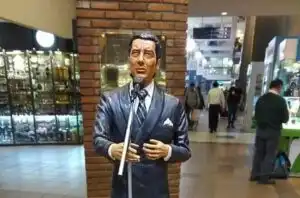
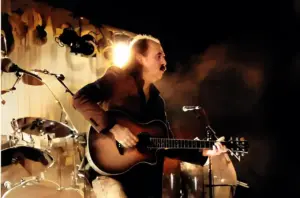
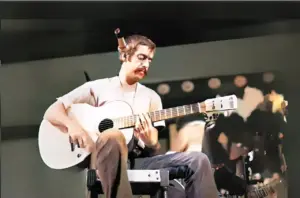
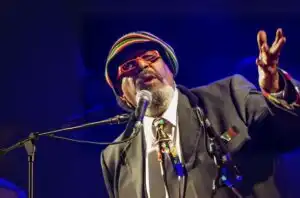


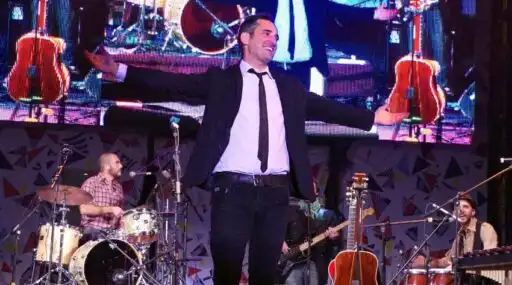





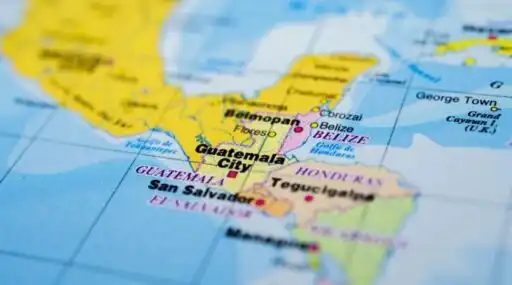






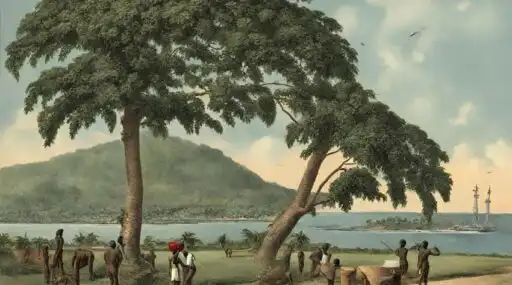
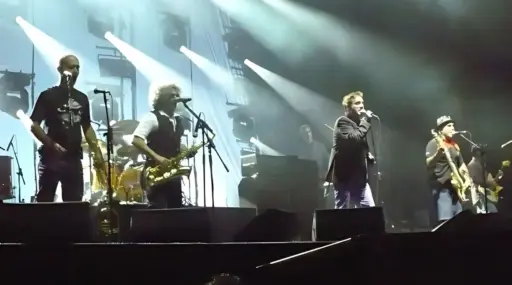
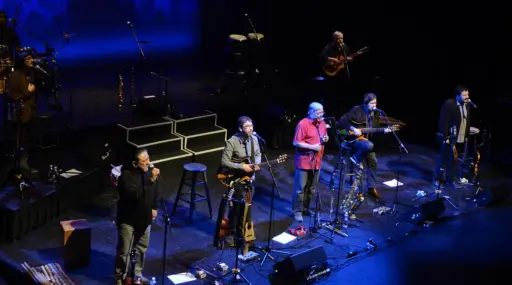



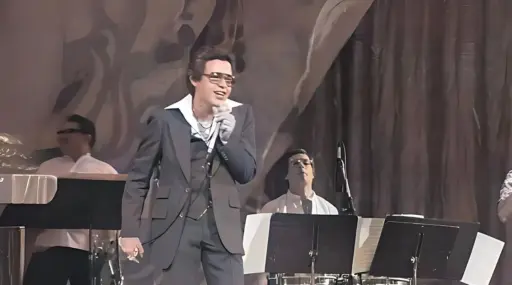

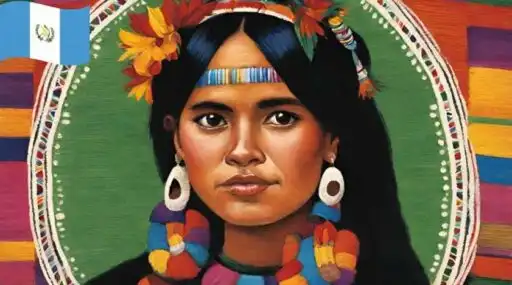



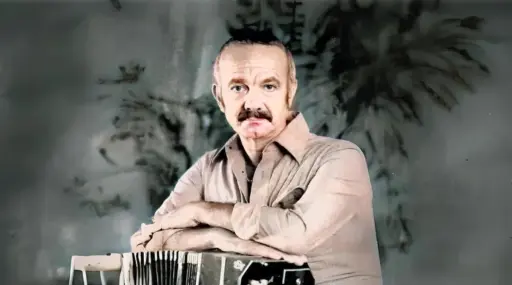

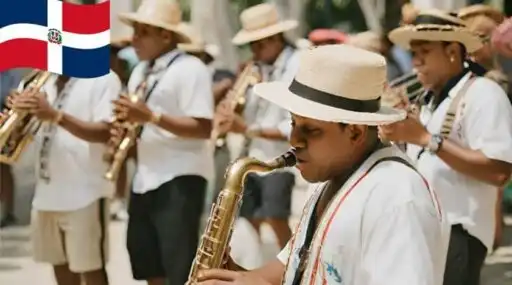
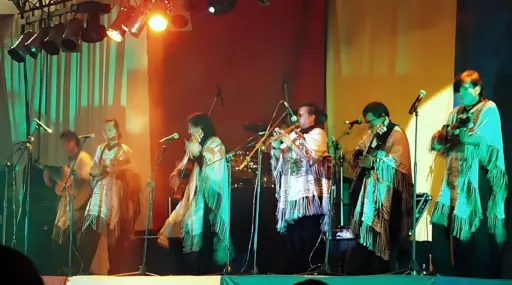
Leave a Reply